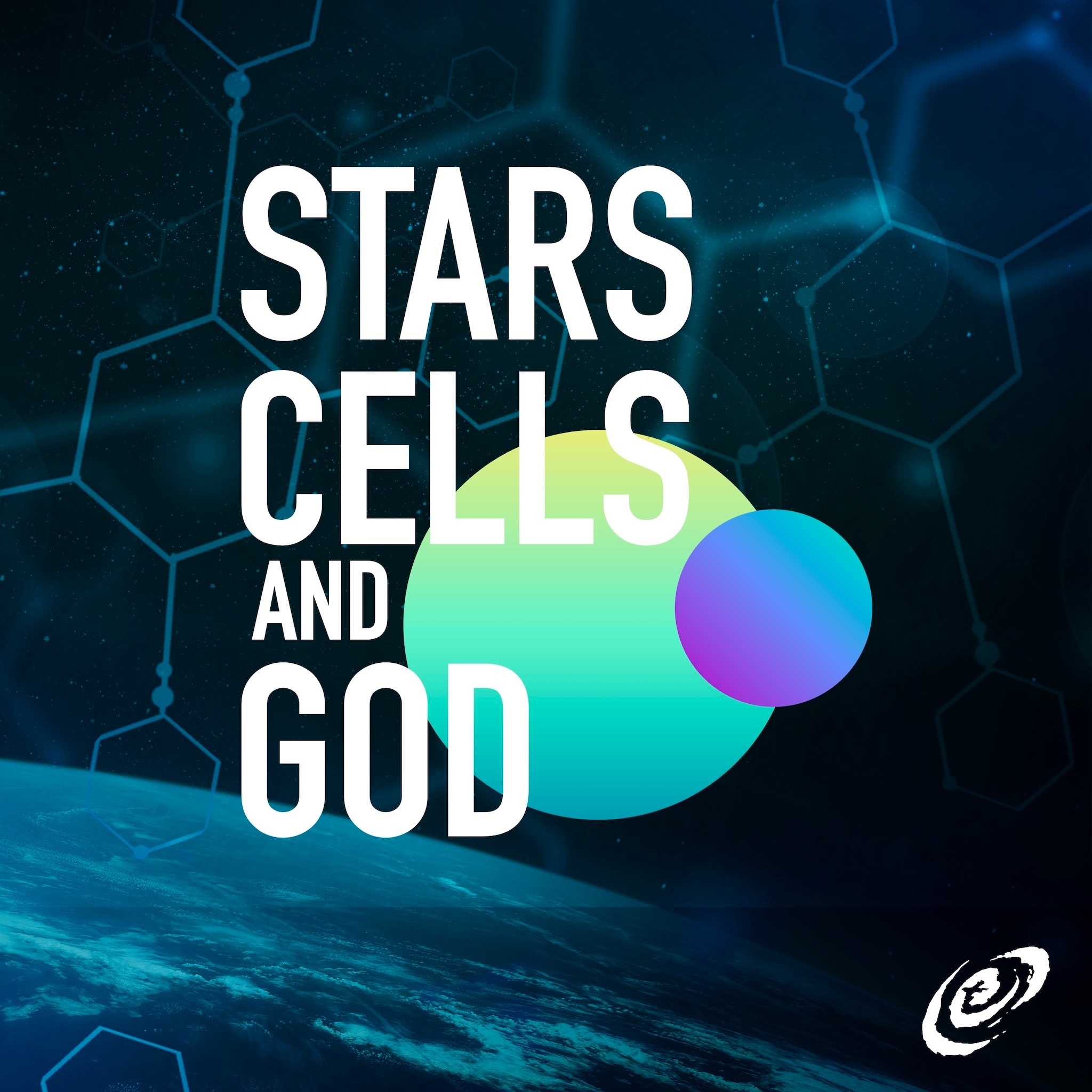Genetics and Human Uniqueness | Solar System Disturbances Led to Life-Friendly Conditions on Earth
Description
Join biochemist Fazale “Fuz” Rana and astrophysicist Hugh Ross as they discuss DNA survival in fossils and how mussels can help civilization. These discoveries carry theological and philosophical implications alluding to the reality of God’s existence.
Scientists have discovered that a small region of the human genome, dubbed HAR123, is unique in humans compared to other mammals, including chimpanzees. This sequence impacts neural development and explains humans’ unique capacity for cognitive flexibility. In this episode, biochemist Fuz Rana explains how this discovery supports the biblical view of human nature and identity.
Dates of oxygen isotope changes in Earth’s oldest zircons correlate with times our solar system crossed the Scutum-Centaurus and Perseus spiral arms. This correlation implies that dense interstellar clouds of gas and dust in those spiral arms disturbed the Oort Cloud, sending giant comets toward Earth. Their impacts may have stirred Earth’s interior, speeding up plate tectonics and the supercontinent cycle, thus preparing Earth more quickly for humans and global civilization.
LINKS & RESOURCES:
Maintained by The Apologist Project.
Contributors
There are currently no matching Christian Apologists.

